When deciding what to feed your baby, it’s easy to get confused by the mass of information and conflicting messages about organic food, most of which debate whether it’s actually better for you. With most of us living in towns with limited space for growing vegetables, is it best to go for the most ‘natural’ option for your baby and choose organic?
Despite the extra cost involved, it seems that buying organic could be worth it in the long run. Here are some reasons why.
- Your baby’s body is much more vulnerable to pesticides because her kidneys and digestive system are immature and so not as proficient at excreting harmful substances.
- Greenpeace estimates that your body may contain up to 200 synthetic chemicals. Whatever harmful effect these have on an adult will be worse for a baby.
- Pound for pound, preschool children eat on average 2-4 time more fruit and vegetables than adults and so are exposed to a higher proportion of possible contaminants.
- The health effects of chronic low-level exposure to pesticide residues, on adult and children, are still unknown.
- A report, pesticides in children’s food, by the environmental working group, concludes that the largest contribution to a person’s lifetime risk of cancer from pesticide residues occurs during childhood.
- Existing regulations on the amount of pesticide residues that non-organic baby foods may contain are based on acceptable levels for adult consumption.
- Organic baby foods are produced without pesticides, antibiotics or growth hormones.
- No one yet knows what effect genetic modification may have on food products and the health of those who consume genetically modified food. Baby food that is organic is produced without genetically modified ingredients.
- Not only is it more nutritious in many instances but in a recent pool more than 70% of consumers reported that organic meat, fruit and vegetables taste better.


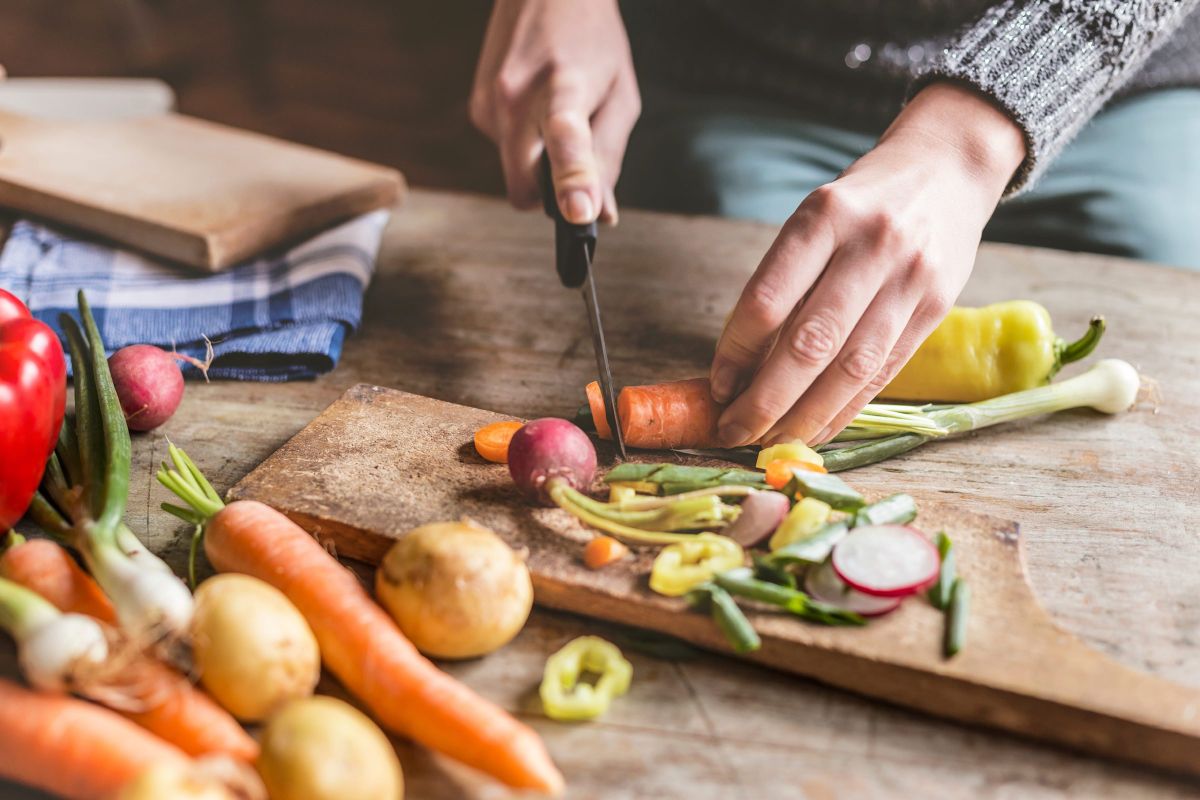
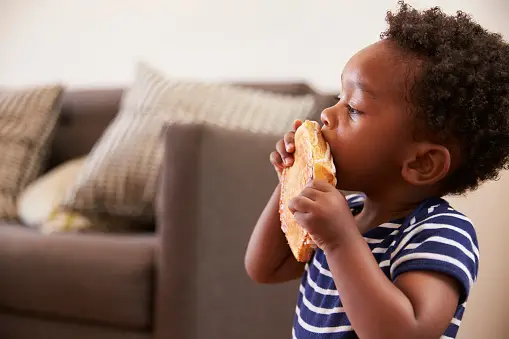
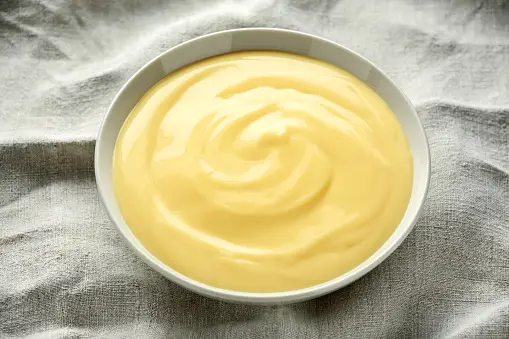

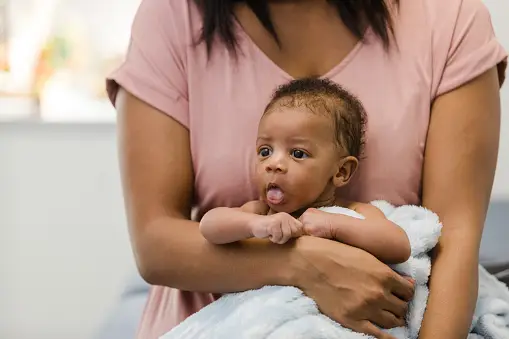
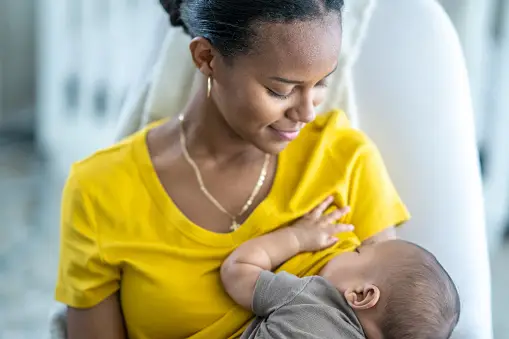


Comments